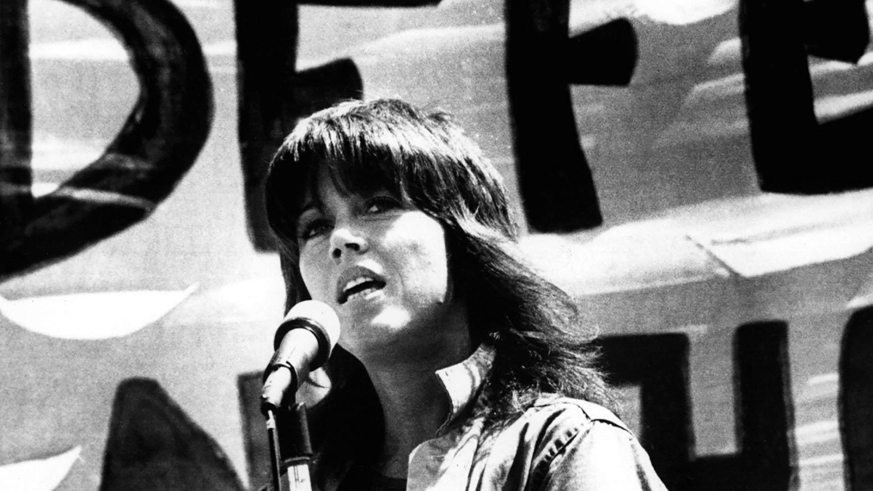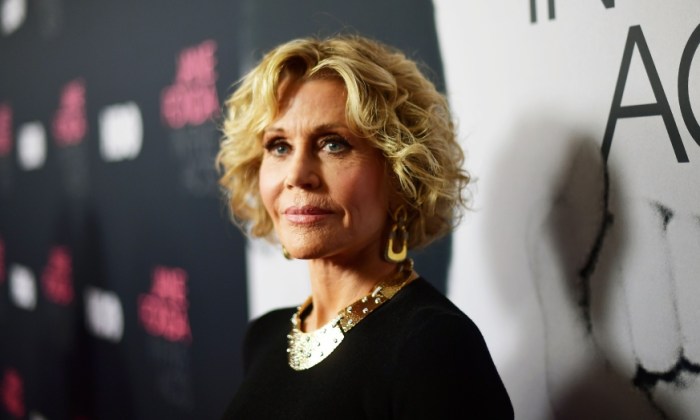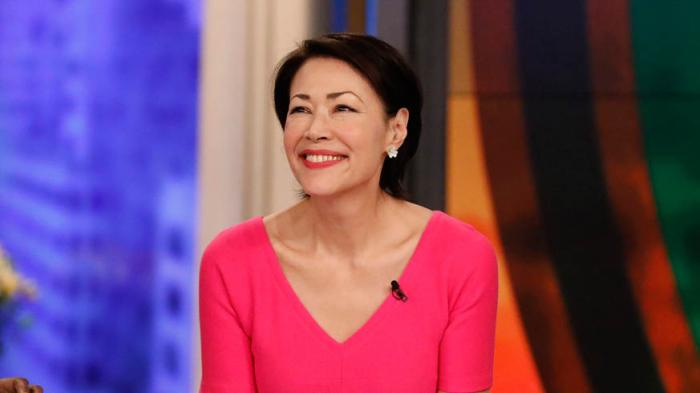Jane Fonda In Five Acts gives us an all-encompassing look at the life and career of the iconic actress, providing viewers with rare and intimate insight into her past.
The most emotional elements of the HBO documentary come courtesy of Fonda opening up about her mother Frances Ford Seymour, who committed suicide on her 42nd birthday on April 4, 1950, when Jane was just 12 years-old.
At the end of “In Five Acts” Fonda decides to visit the grave of her mother for the first time in over 65 years. During my recent discussion with director Susan Lacey she opened up about shooting the highly emotional scene alongside Fonda.
“I knew that I wanted to go to the cemetery with her. When she told me she was going to go there, it wasn’t manufactured for the film, I don’t ever do that. I never say, ‘I want you to do this for the film.’ She was going to go.”
“So I asked if I could go along. At first she was hesitant. I understood why she was hesitant because it is a private experience, and she had never gone to her mother’s grave in over 60 years.”
“So I felt a little reluctant to ask her. I knew that it was an important resolution, and she agreed. I told her that if she felt even a little bit uncomfortable with it I wouldn’t use it.”
“But she approved of it. Which I was really grateful for because I felt as though it was one of the high points of the film emotionally and cathartically.”
“I don’t know if it was cathartic for her. I think she will need to go back there by herself to experience that. But when I explained my position to her on the clip and she agreed to it.”
I also took this opportunity to quiz Lacy about the rocky relationship between Jane and her father Henry Fonda, which provoked her to admit, “I don’t think she had a happy childhood.”
“I think she had an emotionally unavailable father. It is very clear in the film that he is from that midwestern stock that doesn’t wear its heart of its sleeve.”
“He was an actor and that was very important to him. He was who he was. Henry Fonda was one of the biggest actors in the history of American movies.”
“From the time he was young to when he died. He was a hero to the American moviegoing public.”
“But, as Jane points out, heroes don’t always make good fathers. He wasn’t unable to give her emotional support and visible love.”
“Her mother was in and out of hospitals and institutions. Jane didn’t understand what that was, she just knew that she was always sick.”
“Jane said she always wanted to be on the winning team. The winning was the man’s team. She spent a good deal of her life searching for approval from her father.”
Henry and Jane Fonda ultimately helped to repair their relationship by starring opposite each other in “On Golden Pond,” which revolves around a father and daughter that also have a strained relationship.
“Making ‘On Golden Pond’ was a way of getting close to him,” Lacy said of the movie, which resulted in Henry winning the Best Actor Oscar and Jane being nominated for Best Supporting Actress.
“She knew he was old and not going to be around forever. It was very gratifying for both of them.”
“As Tom Hayden says even though he still couldn’t use those 3 words to say, ‘I love you,’ you could tell there was a great deal of love. I think that was a pretty painful part of her life.”
But while “In Five Acts” features numerous insightful interviews with those close to Fonda, one of the individuals that is absent from the film is Jane’s younger brother Peter.
“I would have liked to interviewed Peter Fonda and Vanessa, her daughter who Jane has a complicated but increasingly loving relationship with,” Lacy admitted.
“Neither one of them wanted to be in the film. I can’t tell you why. But no means no.”
“Jane Fonda In Five Acts” is now available on HBO.

















